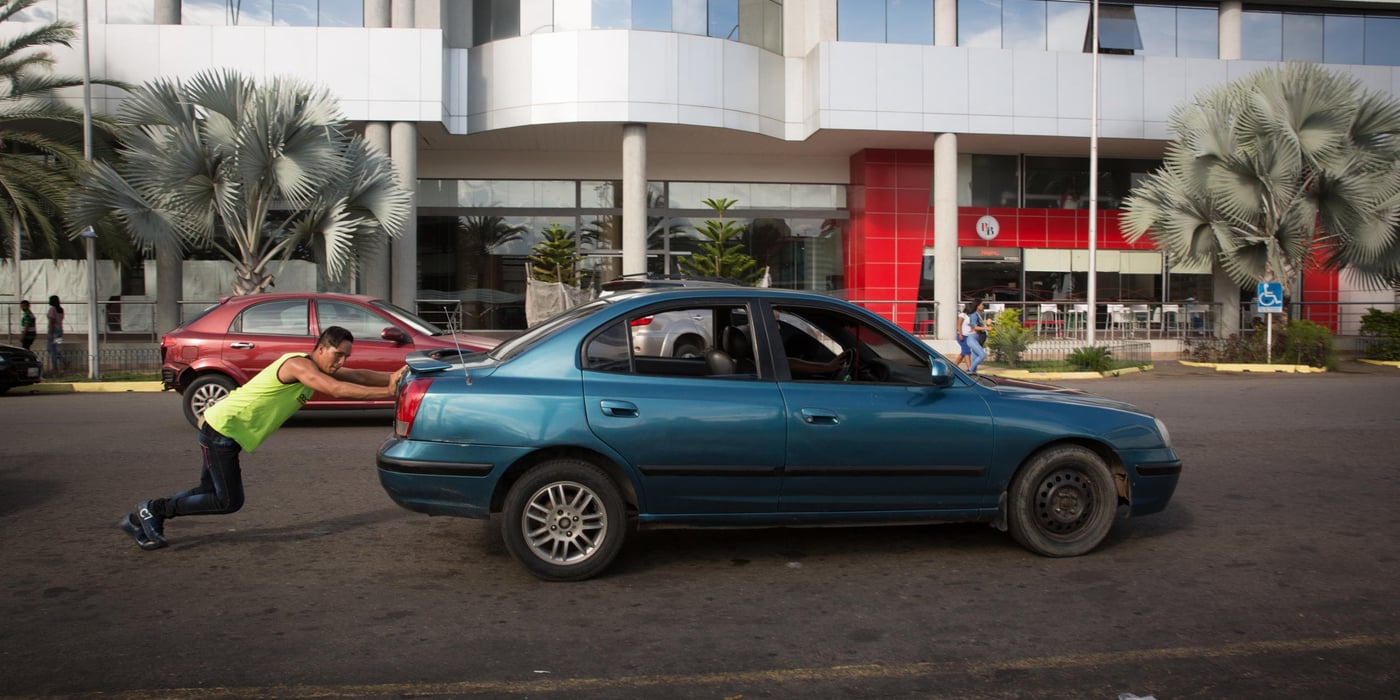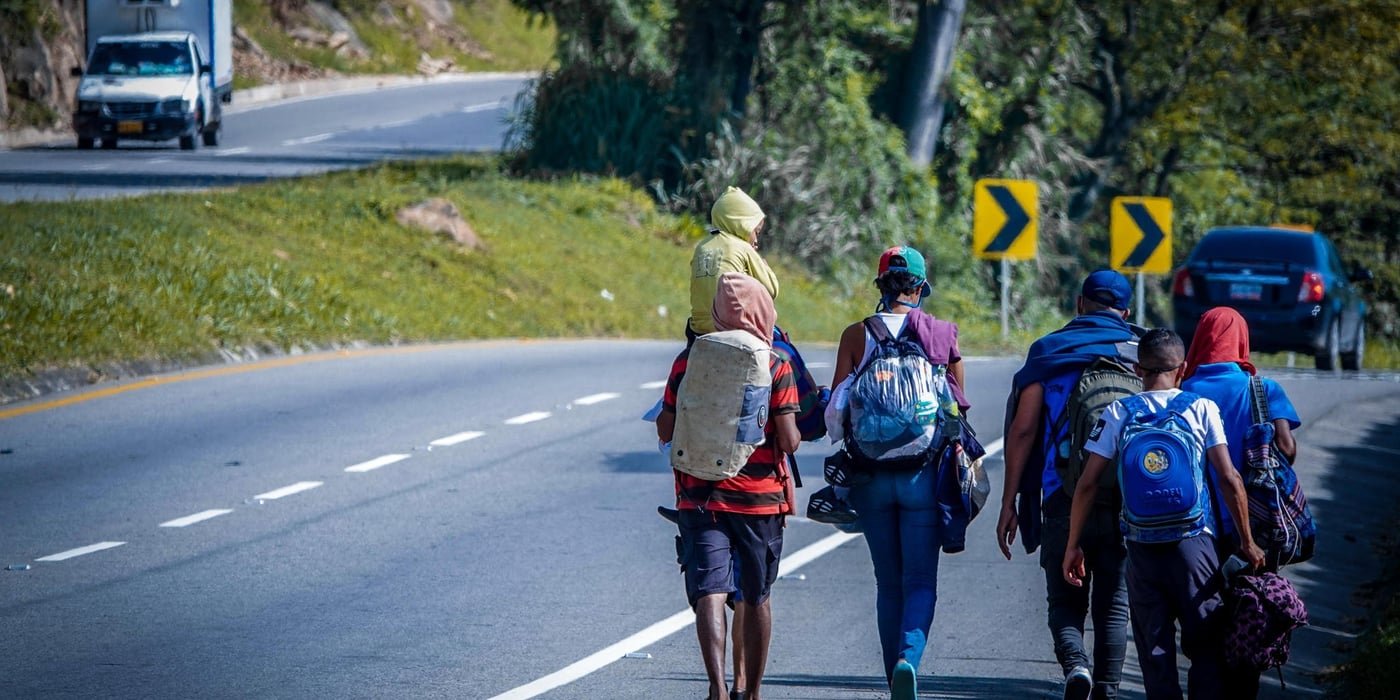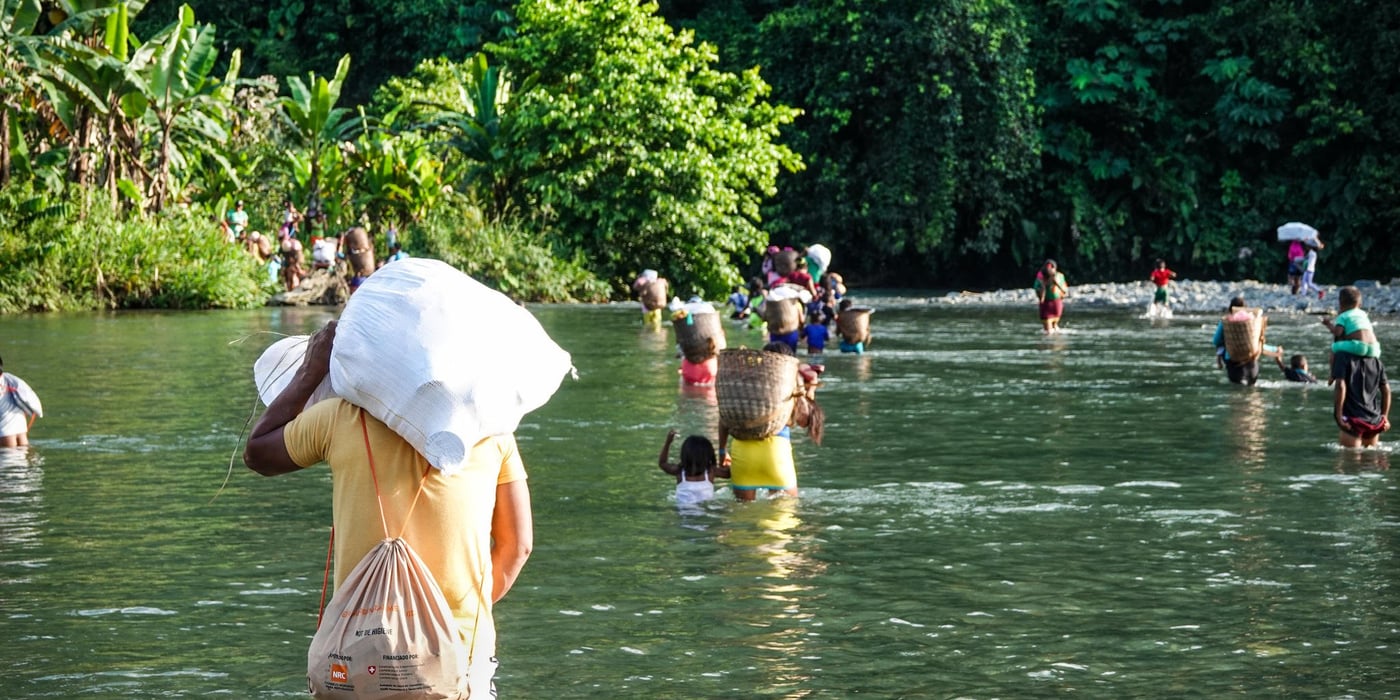
“Thousands of men, women and children have suffered in Venezuela for long enough without international support. Now is the time to show solidarity with the people of Venezuela and offer assistance in their darkest hour. If properly implemented, this plan can be a significant breakthrough in the work to assist millions affected by the crisis. International donor countries must now step up and provide the necessary funding for life-saving relief without tying their support to any political agenda,” said Egeland.
A combination of acute socio-economic issues and a lack of political solutions has left people without access to food, health services, clean water and education. The Humanitarian Response Plan for 2019 highlights the need for both humanitarian assistance and protection for people living in violent areas.
Joseides Urbaneja (21) is mourning the death of her nine-month-old baby, who passed away after she failed to received adequate medical treatment. “The problems started right after she was born, with diarrhoea and vomiting. She kept losing weight. We tried to take her to the doctor, but the cost of the treatment was so high we couldn’t do anything,” she told NRC staff.
Around four million people have already fled due to deteriorating conditions inside Venezuela. However, the long and challenging migration route has left displaced Venezuelans even more vulnerable. One of the most crucial challenges they face in a different country is obtaining some form of official status that allows them to get a job, send their children to school, and access important services like healthcare.
“The situation in Venezuela is like a vice that is tightened and tightened, leaving people in all layers of the society with fewer and fewer options,” said Egeland. “Those that were in a difficult situation before the crisis are now dependent on assistance to survive, while those with some financial resources are looking for options to leave,” he added.
NRC welcomes opportunities for cooperation and partnerships between humanitarian actors and the government of Venezuela, and also highlights the need for concrete and immediate steps to lift the current constraints on humanitarian work in the country.
“Humanitarian organisations should be allowed to import and transport necessary goods into the country, also through the Colombian border, and be allowed to use foreign currency to facilitate a more effective delivery of assistance. In addition, the Government should allow more experienced international aid organisations to operate in the country, so that together we can reach more Venezuelans in dire need,” Egeland concluded.



